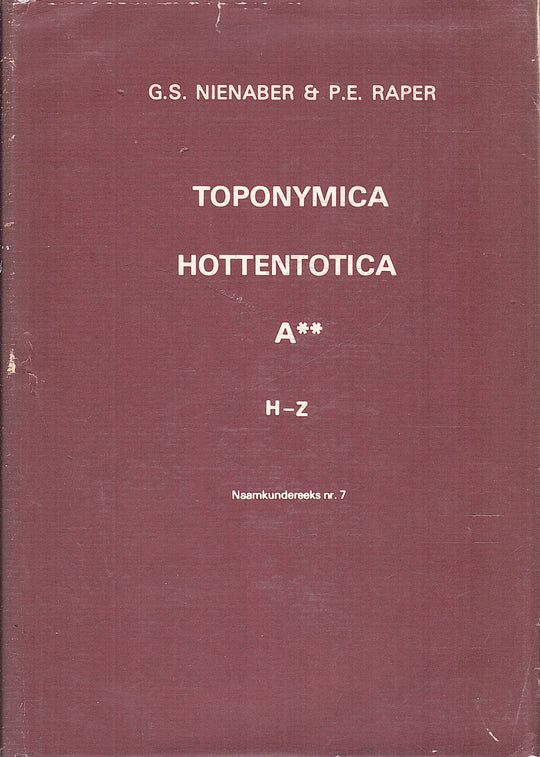Qhaba
Also look under GMAAP, Maap where the name was made of the Khoekhozen words for 'Brown River'. The color name then indirectly on the mud. Stow 1874 has a remark that Pettman 1931 SAPN 82 so quotes 'Mud River ... was so named Because of the Extraordinary Tenaciousness of the Silt of this River Wha Wet, Rendering The Crossing of Some of the Drifts (OR Fords) An Operation of Much Difficulty ... 'Another good quote is in Hott 389. If it is said that' Modder River 'is a translation from Khoekhens and the word is given as GMAAP / Maap / Gumaap etc., then it's just Particularly true as the 'brown' the 'mud', but full where it is only as the word Kaiba or Qhaba, like Ellenberger. The Q-Haba q-haba is the suction consonant ╪ as suggested in the Bantu orthography, to read as ╪haba, bill of exchange Kaiba, which joins Kora ╪koa-b = mud, clay, nama ╪ga-b. ╪KA (i) BA, ╪haba is the Sotho pronunciation. The Sotho keeps the old Koraname, Seifs to the right click slaughter. 'Mud River' is therefore also a direct translation.




